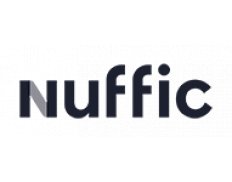Share
Print

Updated on August 28th 2015:
Budget
€ 1,194,950
Project period
December 2012 - December 2016
-------------------
NICHE-KEN-158
Sector: Water
Budget: The maximum budget for this project is € 1,300,000.
This project has been developed by the South Eastern University College (SUECO). The tender for this project expired on 15 September 2012.
Nuffic has awarded this tender to Q-Point, which has formed a consortium with Delft University of Technology in the Netherlands, Ghent University in Belgium, SAS and Egerton University in Kenya.
This project aims to deliver graduates, who can contribute effectively to solving the water scarcity problems in Kenya and to support and promote aquaculture.
To achieve this, the project will:
Kenya is a water-scarce country, yet there is a lack of qualified and experienced personnel in the water sector. The water sector reforms have also resulted in a demand for water specialists who can work on various aspects of IWRM.
The semi-arid lands where this project will be implemented experiences a lot more challenges in water due to unreliable rainfall and poor methods of water harvesting. In Kenya, Arid and Semi-Arid Land (ASALs) cover more than 80% of the total land area. These areas support about 20% of the total human population and more than 70% of the total livestock population. More than 60% of the total population in this region lives below poverty line.
Aquaculture, which would offer alternative livelihood, is poorly developed, accounting for only 2% of total fish production. There is therefore a need to expand aquaculture, particularly in ASALs, where it is poorly developed and it has a potential to improve food security and generate income to the rural poor population.
